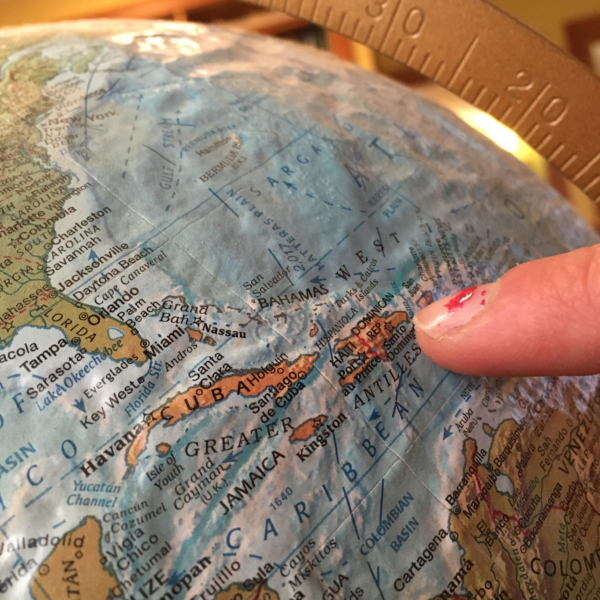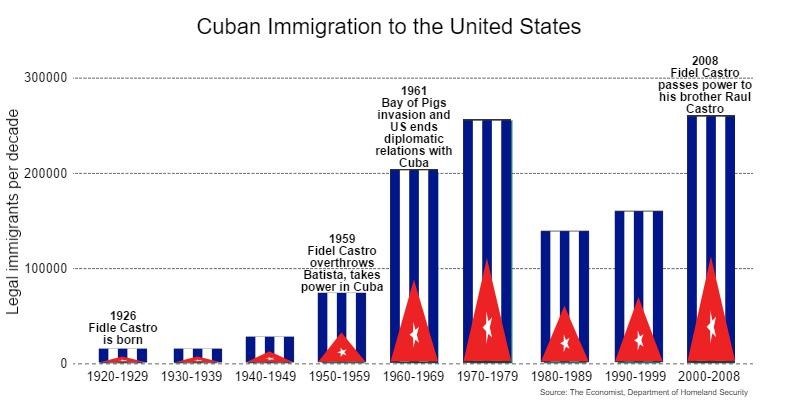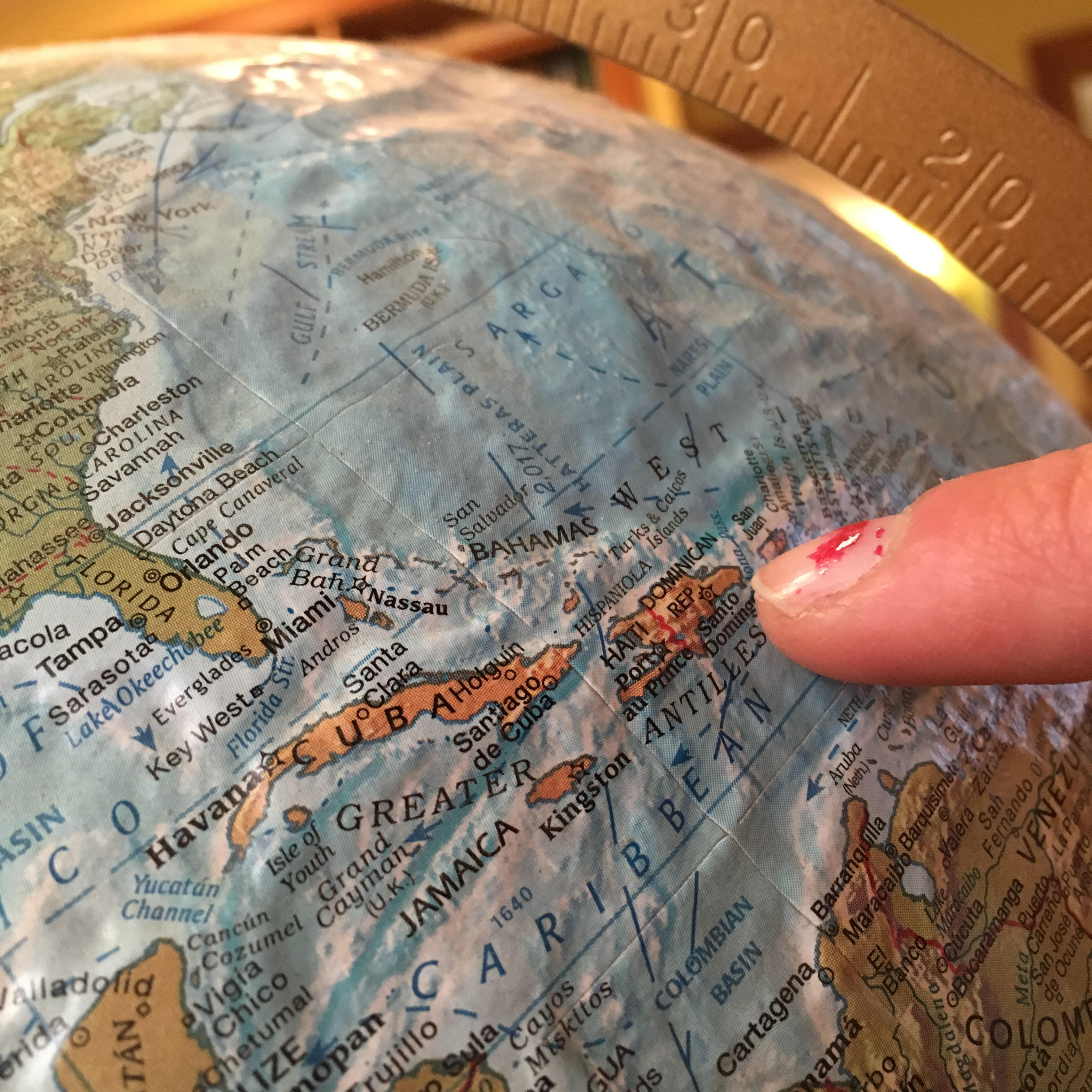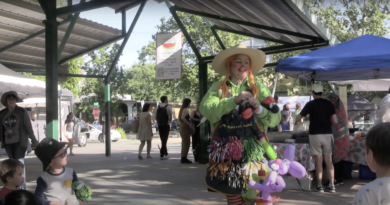Castro’s death prompts DHS student reflection on Cuban heritage

By Claire Bachand,
BlueDevilHUB.com Staff–
Cuban revolutionary Fidel Castro presided over Cuba from 1976 to 2008 and died on Nov. 25, 2016 at the age of 90. While some viewed him as hero, others despised him.
Castro had an immense amount of power in Cuba during his rule, and even after 2008, when Castro passed power to his brother Raul Castro, he held onto some influence.
“He didn’t start walking on the beach playing Frisbee but he had no nominal power anymore,” said Chuck Walker, history professor and director of Latin American and Hemispheric Studies at UC Davis.
“For Cuba he was the heroic charismatic leader of an incredible revolution in 1959. If you were a victim of the revolution, particularly the upper classes, you despised him, if you were a beneficiary of the revolution in the first few years you loved him,” Walker said. “He fought for a very egalitarian society, in which everyone had medical service and education. [..] It’s a very different, different society than what Cuba was when he took over.”
According to Walker, although some Cubans admired Castro for defying the rich, others lost everything during his reign and viewed him as a dictator.
Under Castro, some Cubans felt prosecuted and stifled and many of these Cubans fled to the United States out of political opposition or as a way to escape Cuba’s worsening economy.
Davis High student Evan Deas’ grandfather witnessed the effects of this bad economy. Dead’ grandfather lived in Cuba until he was seven, when his family immigrated to the United States during world war two. At this time Fulgencio Batista was still in power, so he was never directly influenced by Castro, but when he recently visited his home country he was shocked by the damage that Castro had done.
“He was amazed. Everything was run down, houses weren’t painted, all the cars were from the 50s or earlier. Castro had shut out most foreign contact and Cubans struggled, and still do,” Deas said.

This struggle didn’t stop at physical appearance, but stretched into the daily lives of Cubans.
“Cubans are given cards with rations, but this doesn’t cover nearly enough to live on, so people have had to find other ways to get food. One interesting fact is that there are hardly any birds left due to over hunting and trapping. And it’s not like poachers hunting for sport. Its purpose is to put something on the table,” Deas said.
According to Walker, Castro’s death has the potential to improve the United States’ relationship with Cuba.
“Obama had opened [Cuba] up, the embargo is ending, people can visit there now. But Donald Trump has hinted that he wants to change it, go back to these sort of cold war policies of isolation. So with Fidels death it should help ease relations, improve them, but the variable now is what Donald Trump’s going to do,” Walker said.
Walker worries that if President-elect Donald Trump tried to improve relations with Cuba he would be met with push back from the Cuban community in Miami, Florida.
“Cuban Americans [will say] we gave you our vote in Florida, we gave you the election, you can’t do that,” Walker said.
Despite this, Walker points out that the hard feelings that many Cuban Americans have towards Cuba are softening as time passes and that younger Cubans are more open for improving relations with Cuba.




